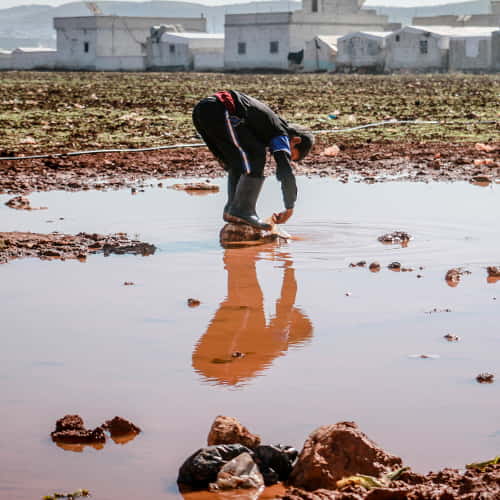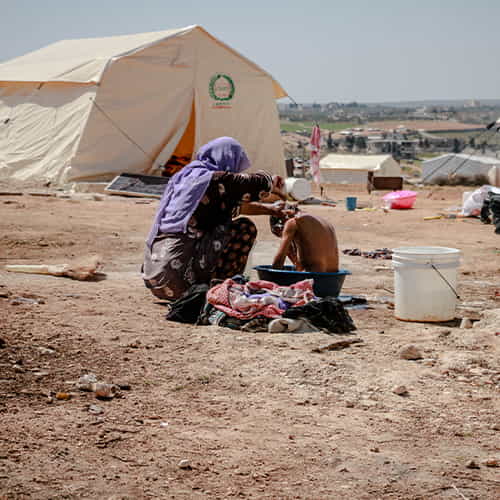Reasons for Poverty
Poverty is a complex issue that affects much of the world. The World Bank estimates that roughly 9.2% of the world, or 689 million people, experience extreme poverty.1 Poverty relegates millions of people to hazardous jobs, poor living conditions and disease. There are many reasons for poverty.
Some people assume that it is an individual’s fault if they are experiencing poverty; this assumption can be one of many damaging myths about poverty. Numerous things contribute to poverty—for instance biased systems and insufficient resources or infrastructure.
Let’s take a look at some of the common reasons for poverty below.
Lack of education — Parents who did not receive an education are less likely to put their children in school and encourage them in their own education. Children learn valuable literacy, math, and relational skills in school; education provides hope, values and opportunities for children they cannot receive anywhere else. Inadequate education prohibits children from qualifying for better-paying jobs that can help break cycles of poverty. Limited reading and writing skills also negatively impact children’s ability to access medical and legal care or execute daily tasks as adults.
Lack of food and clean water — Lack of clean water and nutritious food are common reasons for poverty. The World Health Organization estimates that around 785 million people worldwide lack access to clean water.2 Many women and children walk miles daily to find water sources, which means that they do not have time to work or regularly attend school. Also, the water they collect can often be contaminated and cause sickness or even carry fatal diseases, which again contributes to poverty. Many people do not have access to nutritious food to build their immune system and general health; others do not have enough food to survive. Without bodily health, it is impossible to earn a living wage.
Lack of appropriate housing — Many communities experiencing poverty do not have consistent and safe housing options. Families can often live in tight quarters in houses that are too small for their needs or even makeshift homes they built themselves.
Lack of medical care — Many communities lack access to proper medical care. Medical clinics are often few and far between, based on financial resources and available doctors or medical professionals. Without easy access to medical facilities or the money to pay for treatment, individuals and families are vulnerable to even the most treatable illness. When sickness strikes, they are unable to work, and they can easily fall prey to poverty.
War and conflict — War and other political turmoil contribute to displacement, death and poverty. Armies may use or destroy resources like food, clean water and infrastructure. Bombs and explosives destroy buildings, crops and water sources and displace thousands or millions of people from their homes and lives.
Click here, to read more about this article.
Click here, to read more blogs in Gospel for Asia.Net


Comments
Post a Comment